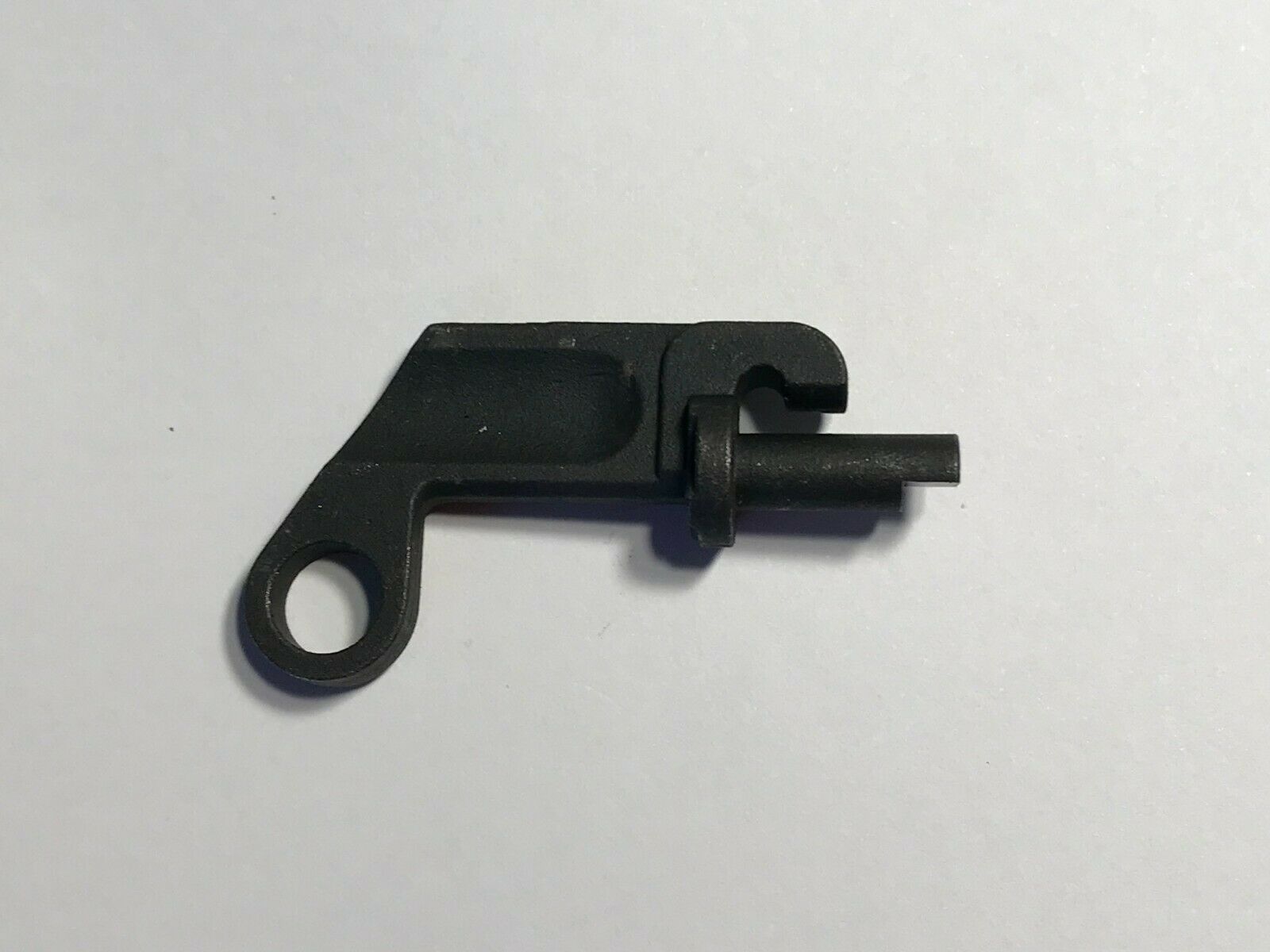-40%
World War 2 German Color Print (photo) Jagdtiger Destroyed 1945 in German town
$ 6.2
- Description
- Size Guide
Description
World War 2 German Color Print (photo) Jagdtiger Destroyed 1945 in German town.The Jagdtiger was the heaviest tank used in World War 2. This is an awesome picture/print and is suitable for framing.
The
Jagdtiger
("Hunting Tiger"; officially designated
Panzerjäger Tiger Ausf. B
) is a
German
casemate
-type heavy
tank destroyer
from
World War II
. It was built upon the slightly lengthened chassis of a
Tiger II
. Its ordnance inventory designation was
Sd.Kfz.
186.
The 71-tonne
Jagdtiger
was the heaviest
armored fighting vehicle
(AFV) used operationally by any participant nation of WWII and is the heaviest combat vehicle of any type to achieve series production during the conflict. The vehicle was armed with a
128 mm Pak 44 L/55
main gun which was capable of outranging and defeating any tank or AFV fielded by the
Allied forces
.
It saw brief service in small numbers from late 1944 up until the
end of the war
on both the
Western
and
Eastern Front
. Although 150 were ordered, only around eighty were produced. Due to an excessive weight and a significantly underpowered drivetrain system, the
Jagdtiger
was continuously plagued with various mobility and mechanical problems. At present, three
Jagdtigers
survive in different museums around the world.
Only two heavy anti-tank battalions (
schwere Panzerjäger-Abteilung
), numbered the
512th
and
653rd
, were equipped with
Jagdtigers
, with the first vehicles reaching the units in September 1944. About 20% were lost in combat, with most destroyed by their own crews when abandoned, chiefly due to various mechanical breakdowns or the chronic lack of fuel in the final stages of the war.
The gun used two-part ammunition, which meant that the main projectile and the cased propellant-charge were loaded into the gun-breech separately. Two loaders were tasked with this work, one for each type.
Tiger I tank ace
Otto Carius
commanded the second of three companies of
Jagdtigers
in
schwere-Panzerjäger Abteilung
512. His postwar memoir
Tigers in the Mud
provides a rare combat history of the 10
Jagdtigers
put under his command. He states that the
Jagdtigers
were not utilized to their full potential due to several factors, among them that Allied air supremacy made it difficult to maneuver around and the massive heavy gun needed to be re-calibrated from jarring after travelling off-road for even short distances.
[11]
[Note 1]
The vehicle was slow, having been equipped with the same engine as the already-underpowered Tiger I and Tiger II, and the vehicle's transmissions and differentials broke down easily because the whole 72-tonne vehicle needed to rotate for the gun's traverse. The enormous 128mm main-gun had to be locked down during the vehicle's maneuvers, otherwise its mounting-brackets would have worn out too much for accurate firing afterwards. As such, a crew-member had to exit the vehicle in combat and unlock the gun from its frontally mounted gun travel-lock before firing.
[12]
According to Carius, in combat, he recorded that a 128 mm projectile went through the walls of a house and destroyed an American tank behind it.
[13]
Insufficient training of vehicle crews and their poor morale during the last stage of the war were the biggest problems for
Jagdtiger
crewmen under Carius's command. At the
Ruhr Pocket
, two
Jagdtiger
commanders failed to attack an American armored column about 1.5 km (1 mile) away in broad daylight for fear of attracting an Allied air attack, even though the
Jagdtigers
were well-camouflaged.
[14]
Both vehicles broke down while hurriedly withdrawing through fear of the supposed air attack that did not materialize and one was then subsequently destroyed by its crew. To prevent such a disaster, at
Siegen
, Carius himself dug in his command vehicle on high ground. An approaching American armored column avoided his prepared ambush because nearby German civilians warned them of it.
[15]
Later, one of his vehicles fell into a bomb crater at night and was disabled while another was lost to a
Panzerfaust
attack by friendly
Volkssturm
militia troops who never saw a
Jagdtiger
before and possibly misidentified it as an Allied armored vehicle.
[13]
The first Jagdtiger lost in combat was during the failed
Operation Nordwind
offensive in France in 1945. Rather embarrassingly for what was the most heavily armored vehicle to serve in World War Two, this particular Jagdtiger was lost not to combat with other armored vehicles or aircraft but by American infantry using a
bazooka
, which at the time was considered an underpowered and ineffective weapon to counter such a massive vehicle.
[16]
Near Unna, one
Jagdtiger
climbed a hill to attack five American tanks 600 meters away, leading to two withdrawing and the other three opening fire. The
Jagdtiger
took several hits but none of the American projectiles could penetrate the 250 mm (9.8 in) thick frontal armor of the vehicle's casemate. However, the inexperienced German commander then lost his nerve and turned around instead of backing down, thus exposing the thinner side armor, which was eventually penetrated and all six crew members were lost. Carius wrote that it was useless when the crews were not trained or experienced enough to have the thick frontal armor facing the enemy at all times, if possible, in combat.
[17]
When unable to escape the Ruhr Pocket, Carius ordered the guns of the remaining
Jagdtigers
destroyed (to prevent intact vehicles falling into Allied hands) and then surrendered to American forces.
[18]
The 10
Jagdtigers
of the 2nd Company of
Panzerjagerabteilung
512 destroyed one American tank for one
Jagdtiger
lost to combat, one lost to friendly fire, and eight others lost to mechanical breakdown or destruction by their own crews to prevent capture by enemy forces.
On 17 January 1945, two
Jagdtigers
used by the Wehrmacht's XIV Corps engaged a bunker-line in support of assaulting infantry near Auenheim. On 18 January, they attacked four secure bunkers at a range of 1,000 meters. The armored cupola of one bunker burned out after two shots. A Sherman attacking in a counter-thrust fight was set afire by explosive shells. The total combat saw the usage by the two vehicles of 46 explosive shells and 10 anti-tank shells, with no losses to the
Jagdtigers
.
In April 1945, s.Pz.Jäg.Abt.512 saw a great deal of action, especially on 9 April, where the 1st Company engaged an Allied column of Sherman tanks and trucks from
hull-down
positions and destroyed 11 tanks and over 30 unarmored or lightly armored targets, with some of the enemy tanks having been knocked out from a distance of more than 4,000 m. The combat unit only lost one
Jagdtiger
in this incident, after Allied ground-attack
P-47 fighters
appeared. During the next couple of days, the 1st Company destroyed a further five Sherman tanks before having to surrender to US troops at
Iserlohn
. Meanwhile, the 2nd Company still fought on but with little results gained. On 15 April 1945, the unit surrendered at Schillerplatz in
Iserlohn
.
[19]
ALL PRINTS ARE 11X17 UNLESS OTHERWISE NOTED.PRINTED ON HIGH QUALITYGLOSSY PAPER. I WILL GIVE DISCOUNTS ON MULTIPLE PRINTS OF ANY ITEM LISTED.IFYOU ORDER 1 OR 30, SHIPPING IS ALWAYS THE SAME. ALL PRINTS ARE SHIPPED FLAT INA HEAVY CORRAGATED CONTAINER.IF YOU PREFER, I CAN SHIP IN TUBES AS WELL. I CANPRINT MOST IMAGES IF YOU PROVIDE ARTWORK












